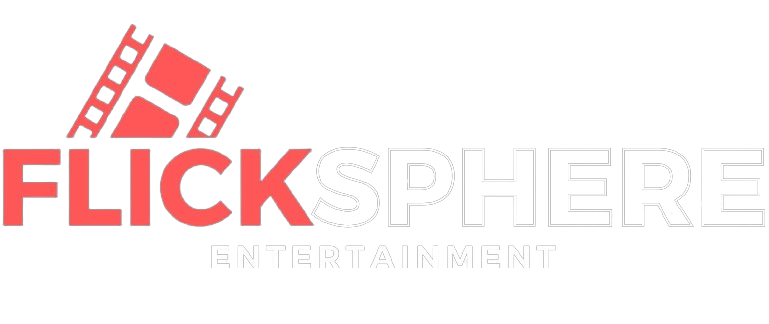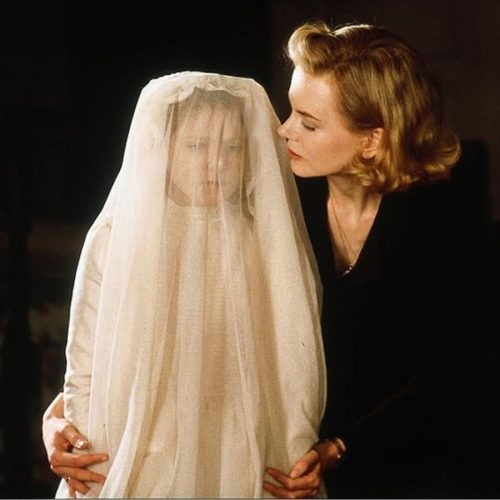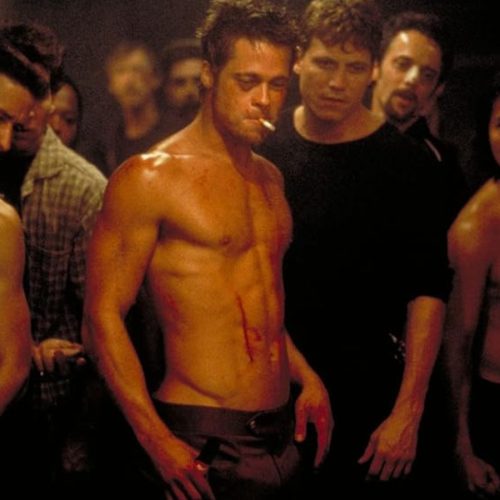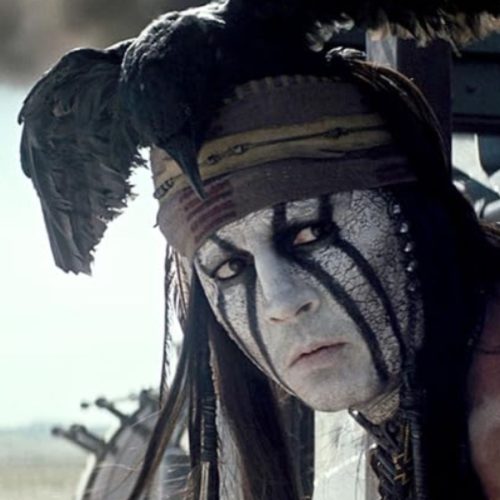In the ever-changing world of cinema, some movies that were once hits or cult favorites haven’t aged well. The way people look at specific issues such as race, gender, and cultural sensitivity has drastically shifted, leading to certain films of the past not holding up in the way people first thought they might. Despite their popularity at the time, there’s no way these movies would get the green light to be made in today’s Hollywood, and they likely wouldn’t be well received either.
Blazing Saddles
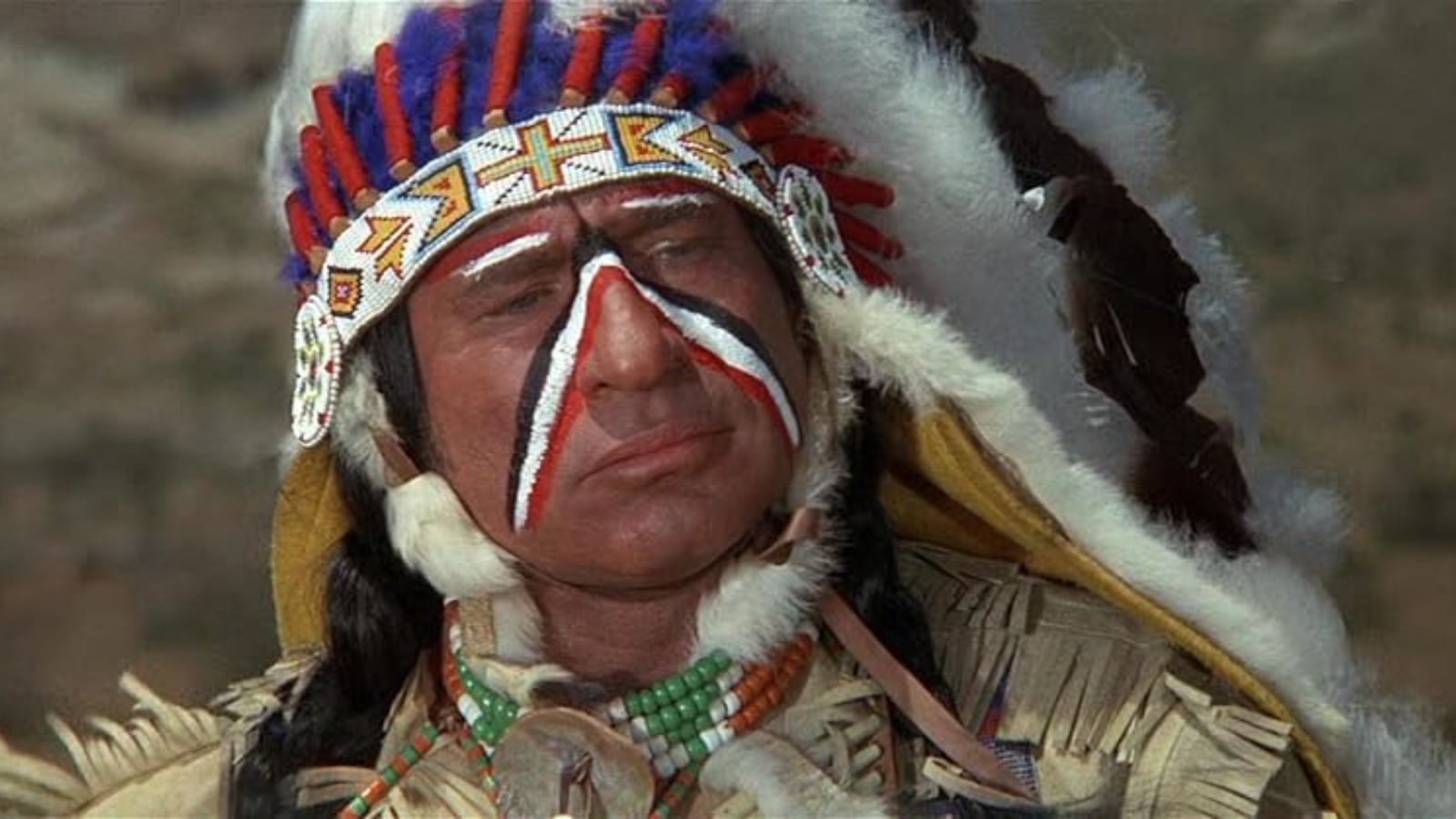
Mel Brooks’ comedy Blazing Saddles is a satire of Westerns that pushes boundaries with its humor. Despite its intention to ridicule racism, the film’s liberal use of racial slurs and stereotypes would be seen as highly inappropriate today. The film’s edgy comedy was groundbreaking for its time, but modern audiences might find it offensive rather than humorous.
Soul Man
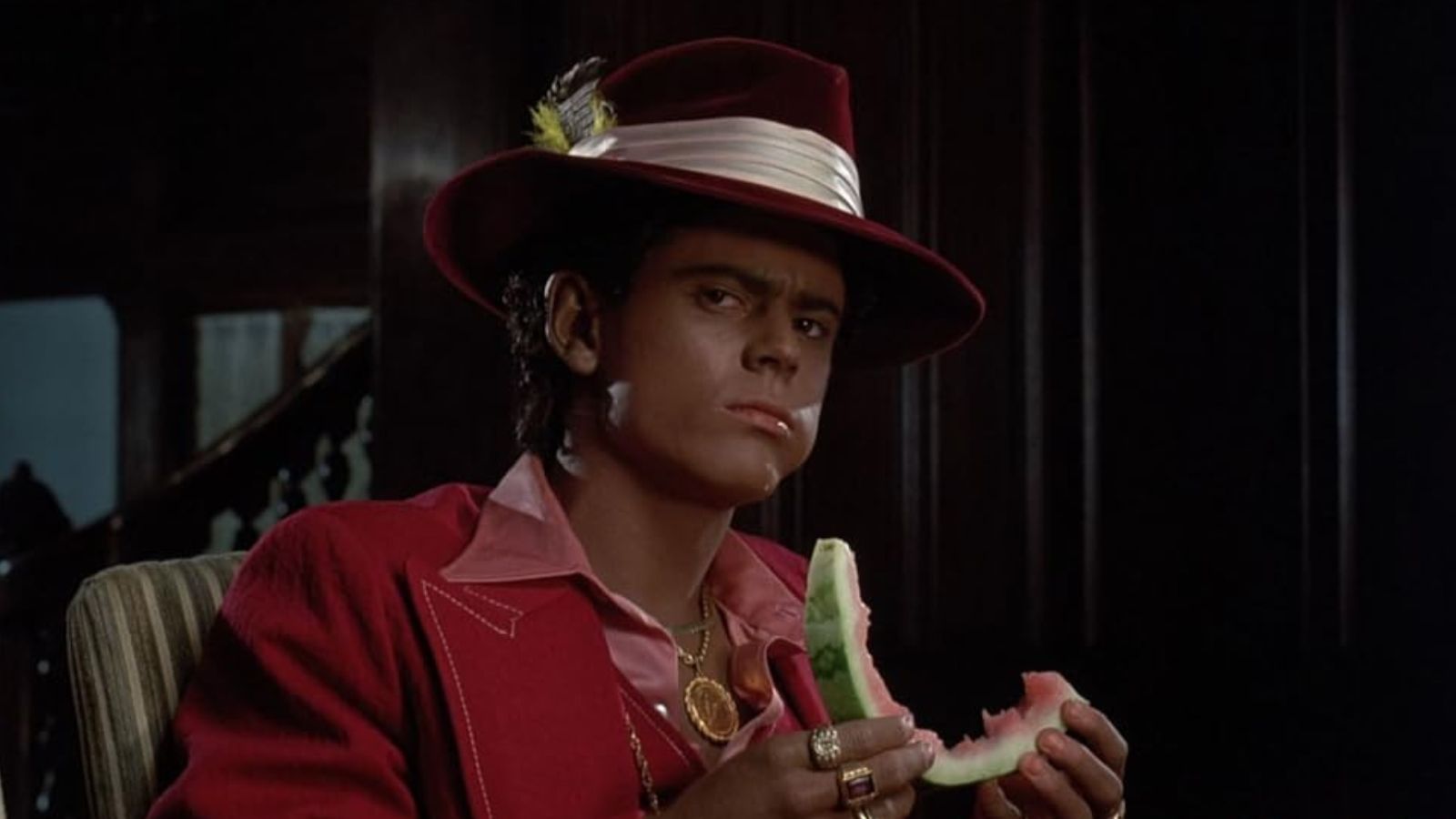
This comedy stars C. Thomas Howell is a white student who darkens his skin to qualify for a scholarship intended for Black students. The film was criticized even then for its use of blackface, and today, it would be condemned for its insensitivity and lack of understanding of the serious issues surrounding race and privilege.
Tropic Thunder
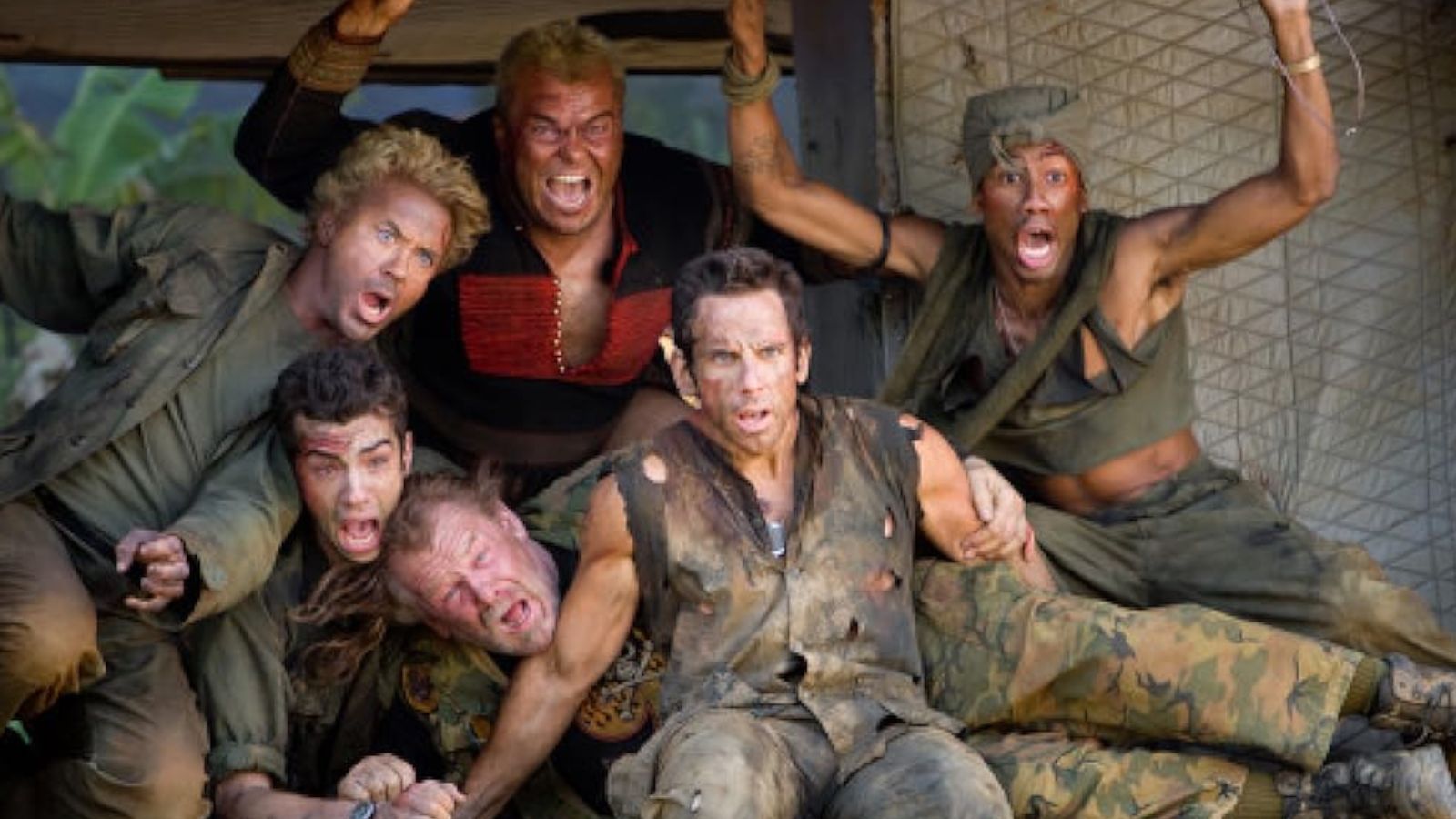
Ben Stiller’s Tropic Thunder is another example of a film that likely wouldn’t be made today. Robert Downey Jr.’s character, an Australian actor who undergoes a controversial pigmentation alteration procedure to play a Black character, sparked debates even at the time of release. Despite its satirical intent, the film’s portrayal of blackface and disability has been heavily criticized in retrospect. Ben Stiller acknowledged that the film would be considered tone-deaf if produced today.
Ace Ventura: Pet Detective
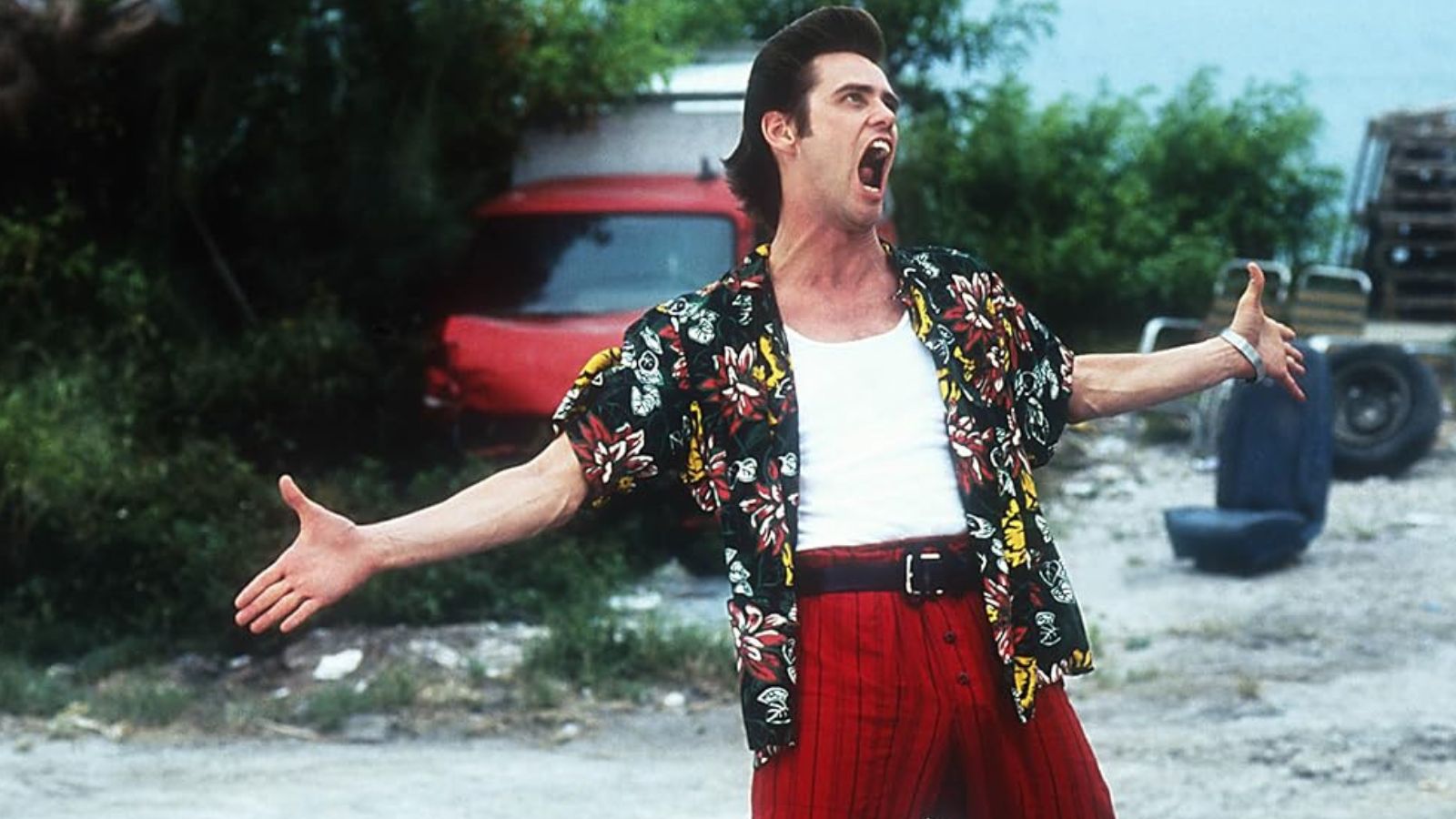
This Jim Carrey comedy features transphobic jokes and plot points that have not aged well. The climax, which involves Ace discovering the villain’s transgender identity, is handled in a way that would be seen as highly insensitive and offensive today, which is why it wouldn’t get green-lit.
Sixteen Candles
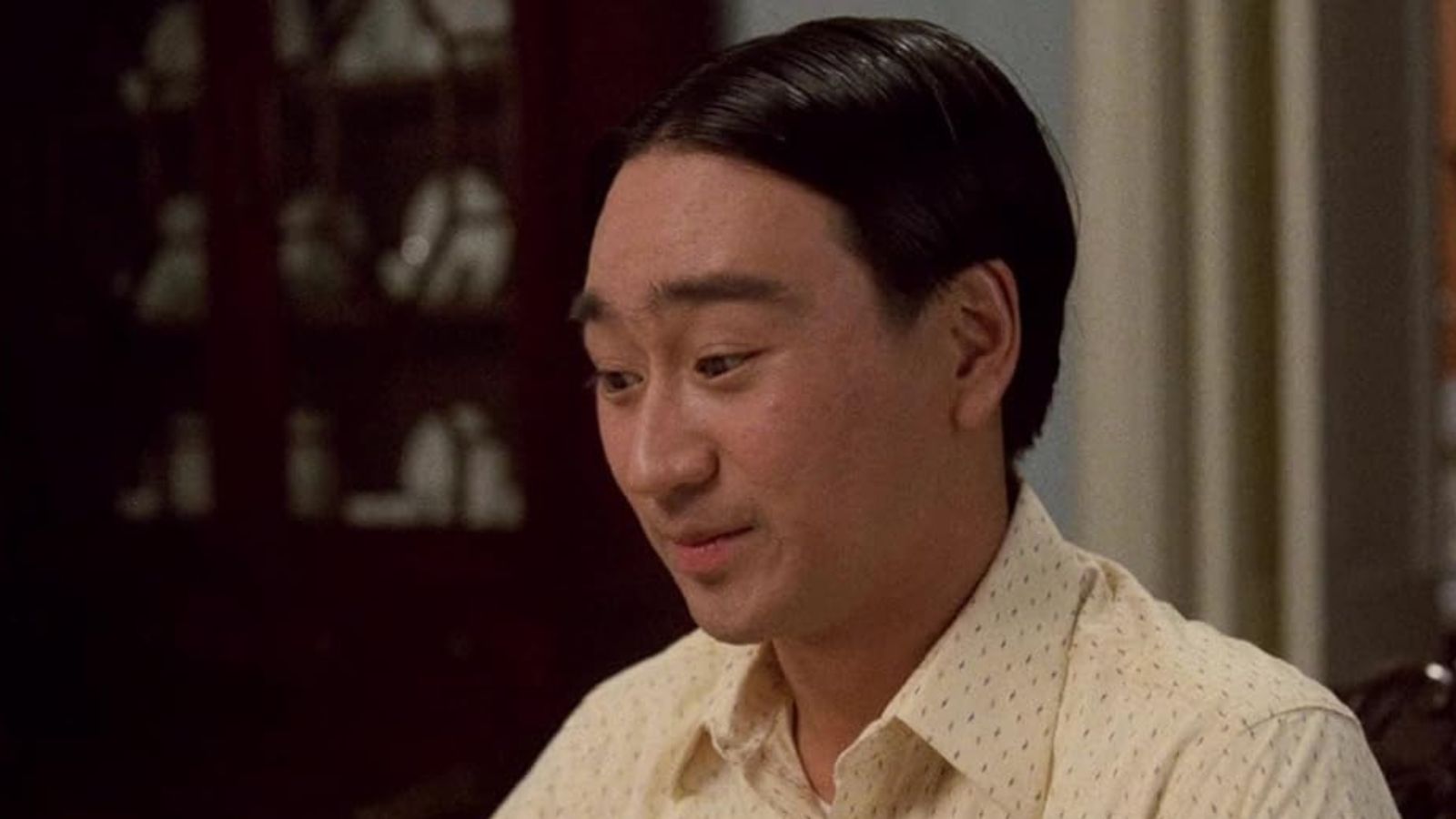
This might be a beloved teen comedy created by the talented John Hughes, but it contains several elements that would be unacceptable in a contemporary film. The character Long Duk Dong is a walking stereotype of an Asian exchange student, and the film also includes problematic depictions of consent and sexual behavior.
Gone With the Wind
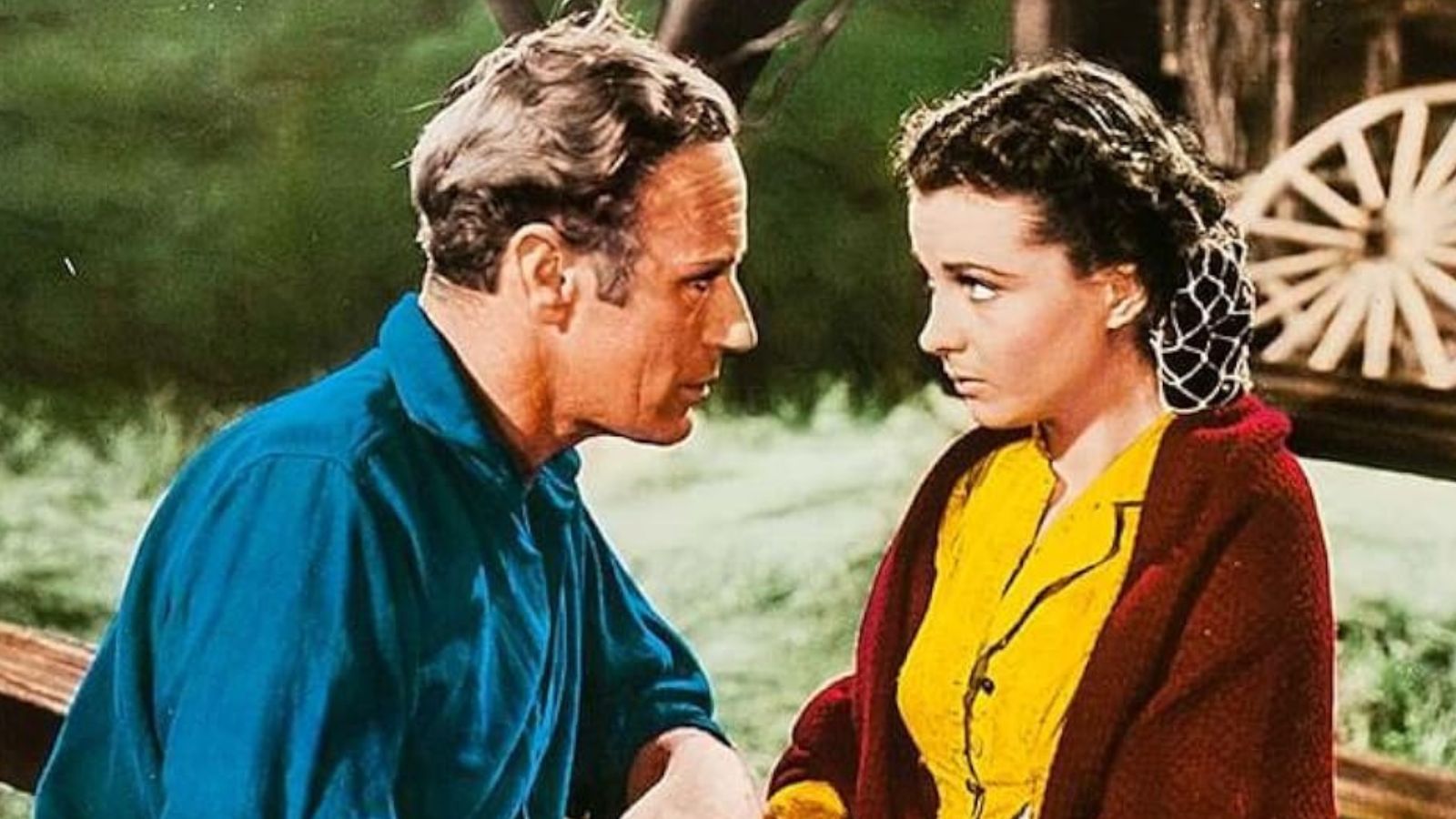
This classic has been criticized for its romanticized portrayal of the Antebellum South and the way it showcases slavery. Although it remains a significant piece of cinematic history, its portrayal of Black characters and the Civil War-era South would likely prevent it from being produced in today’s more socially conscious climate.
The Birth of a Nation
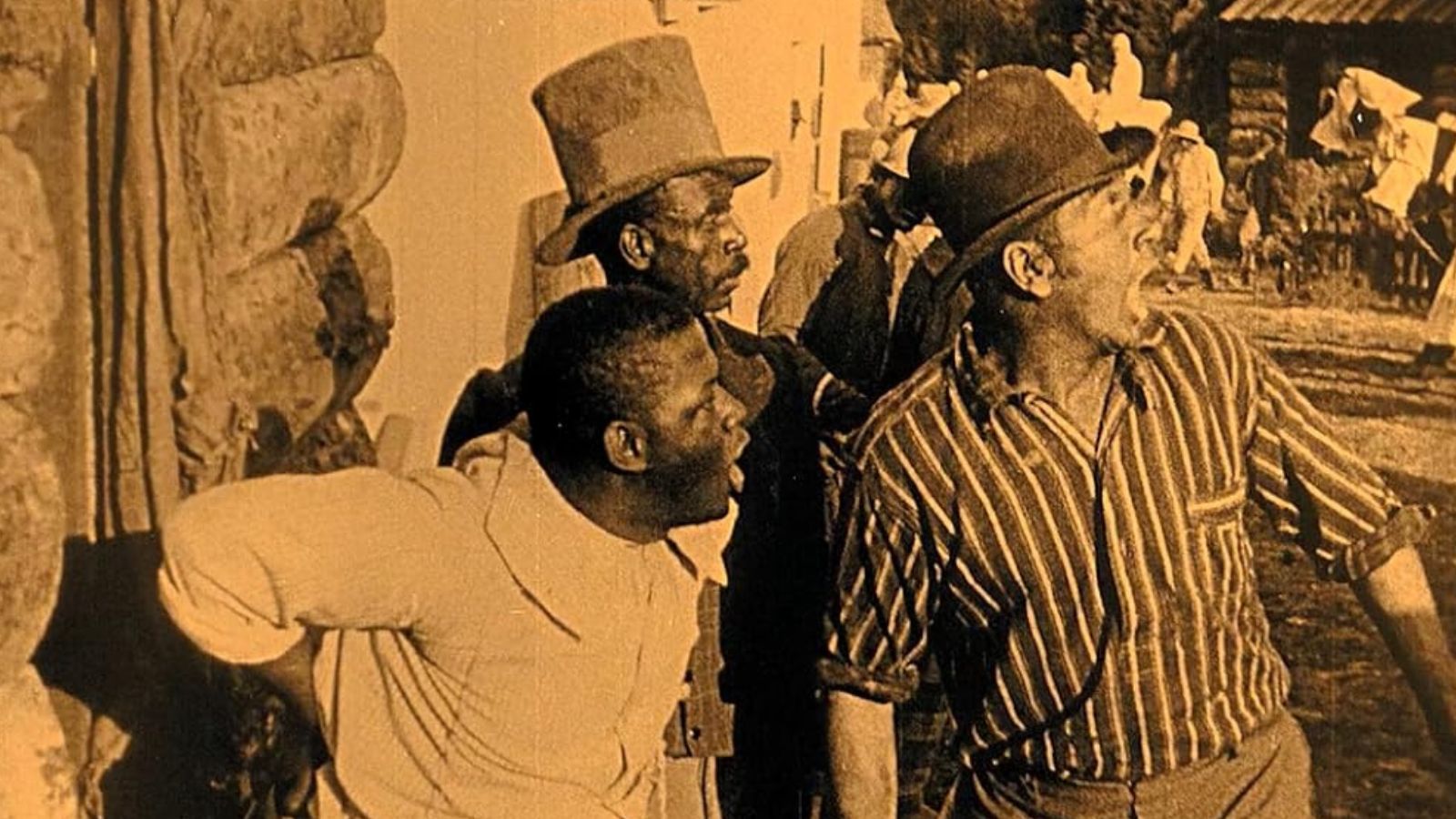
D.W. Griffith’s 1915 silent film The Birth of a Nation is infamous for its racist content and glorification of the Ku Klux Klan. Even at the time, it was controversial, but today, it is widely condemned for its overt racism and historical inaccuracies.
Song of the South
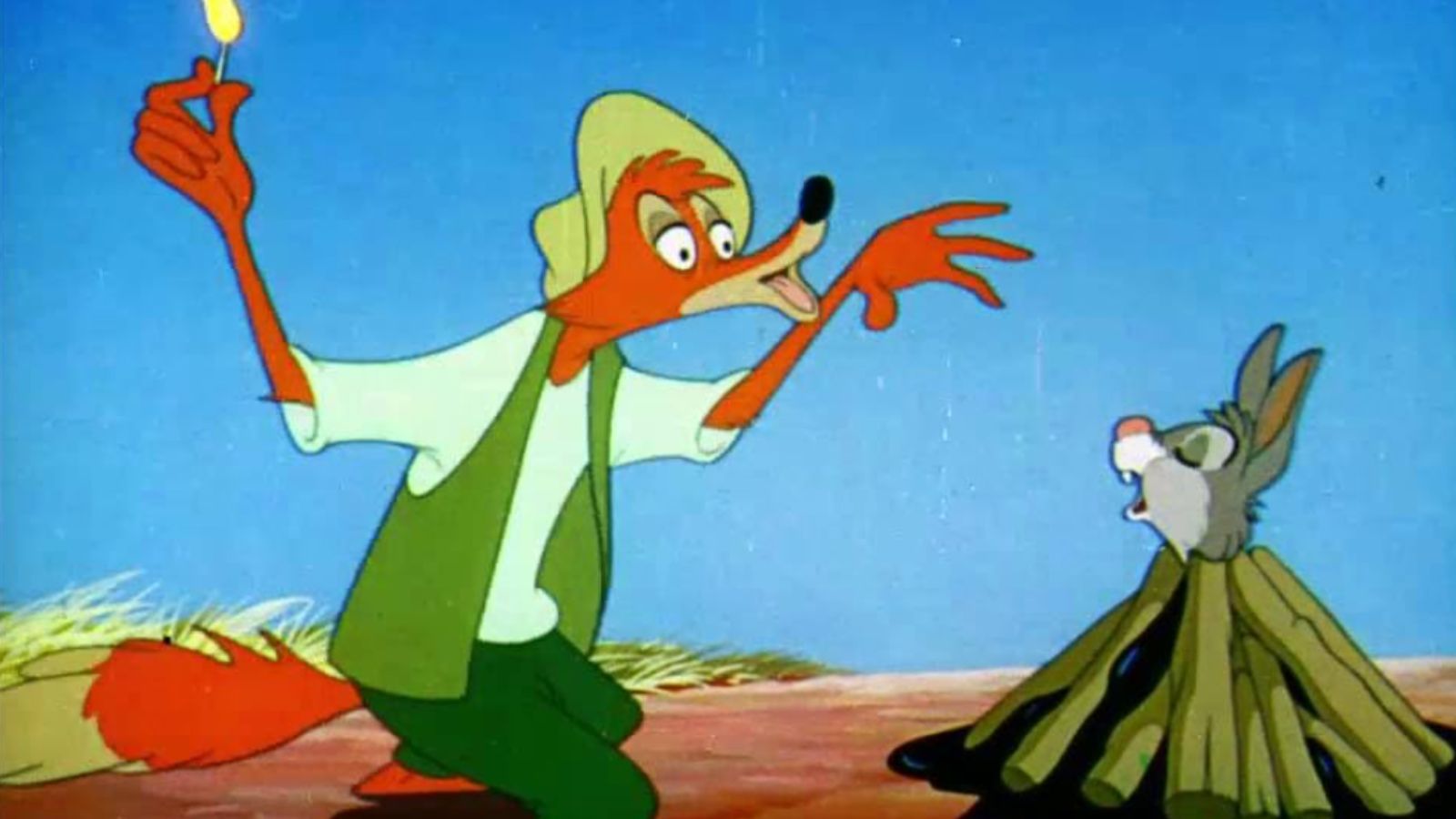
Disney’s Song of the South is another film that has faced criticism for its portrayal of race relations. The film’s romanticized view of the post-Civil War South and its stereotypical depictions of African Americans has led Disney to refrain from releasing it on home video in the United States, and it isn’t something that you can find on Disney+ either, with the company removing all traces of this over the years.
The Love Guru
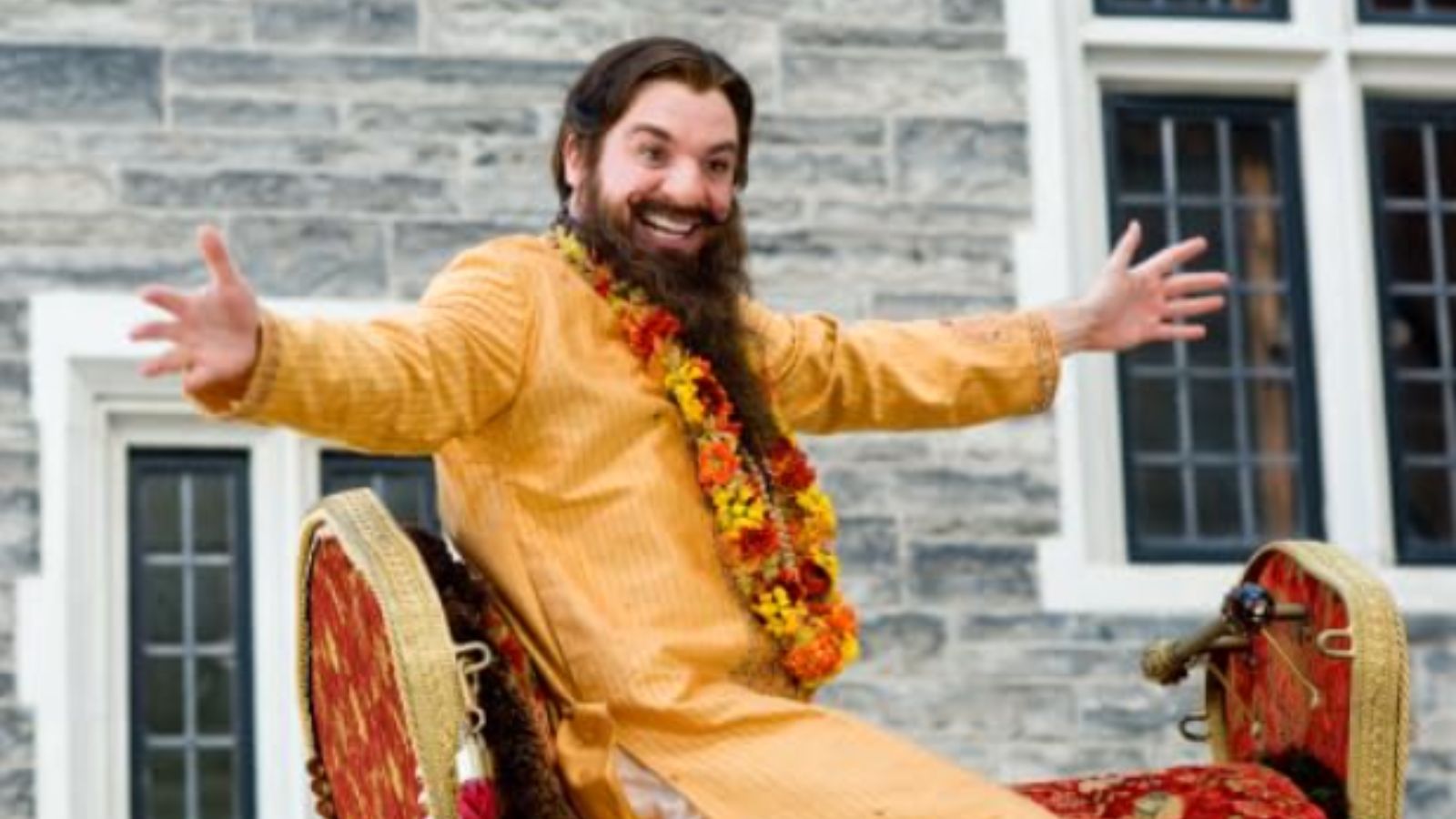
Mike Myers’ 2008 comedy was panned for its offensive portrayal of Hindu culture and its reliance on ethnic and racial stereotypes. The insensitivity to cultural and religious practices would make it a non-starter in today’s more culturally aware film industry.
Breakfast at Tiffany’s
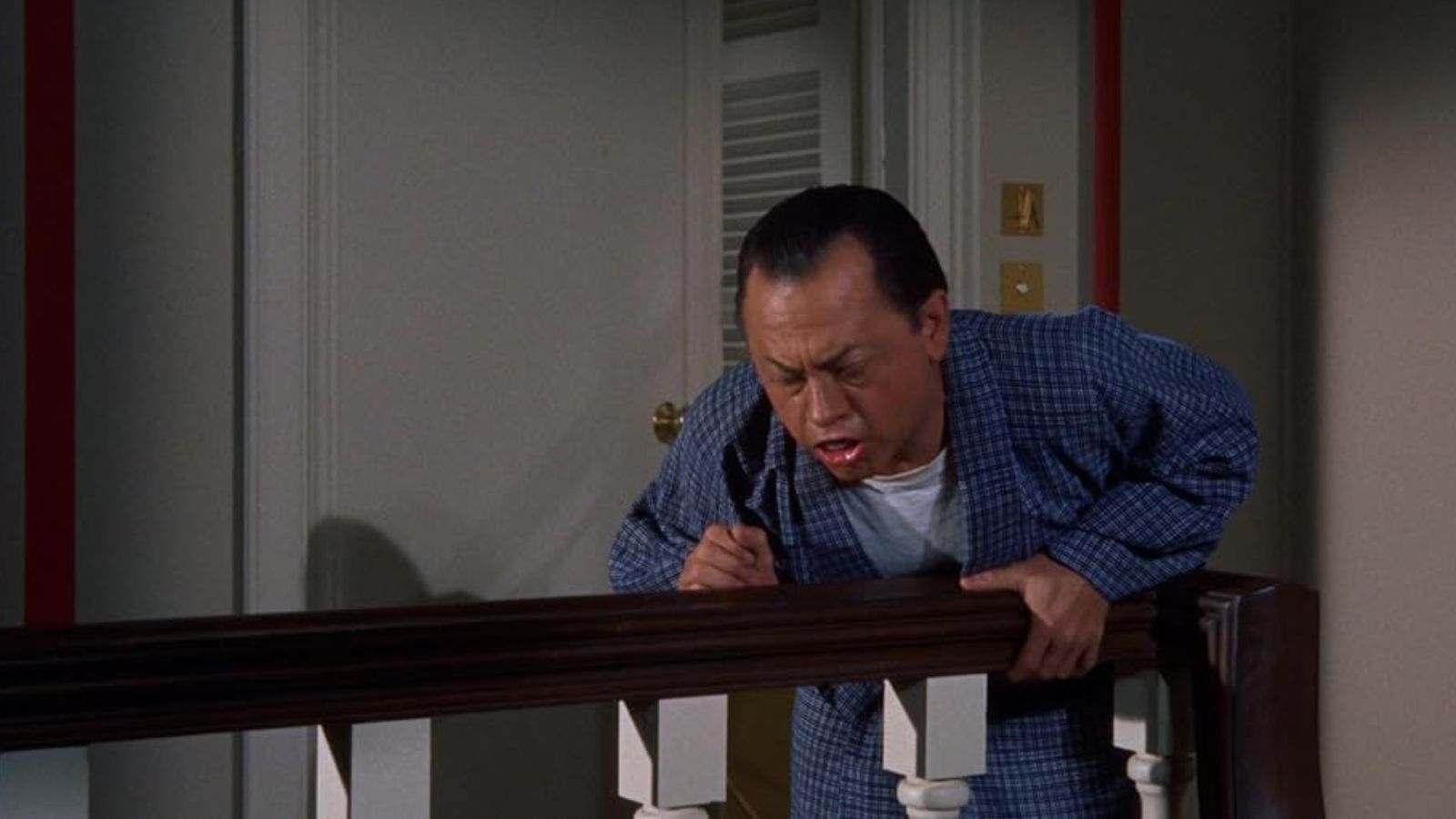
While Audrey Hepburn’s iconic performance in Breakfast at Tiffany’s is fondly remembered, Mickey Rooney’s portrayal of Mr. Yunioshi, a Japanese landlord, is widely criticized for using yellowface and offensive stereotypes. This kind of portrayal would be unacceptable in a modern film.
Revenge of the Nerds

This one includes scenes that trivialize sexual assault and voyeurism. Revenge Of The Nerd’s humor, based on the nerds’ misadventures, often crosses lines that today’s audiences would find deeply problematic and not funny in the slightest.
I Now Pronounce You Chuck & Larry
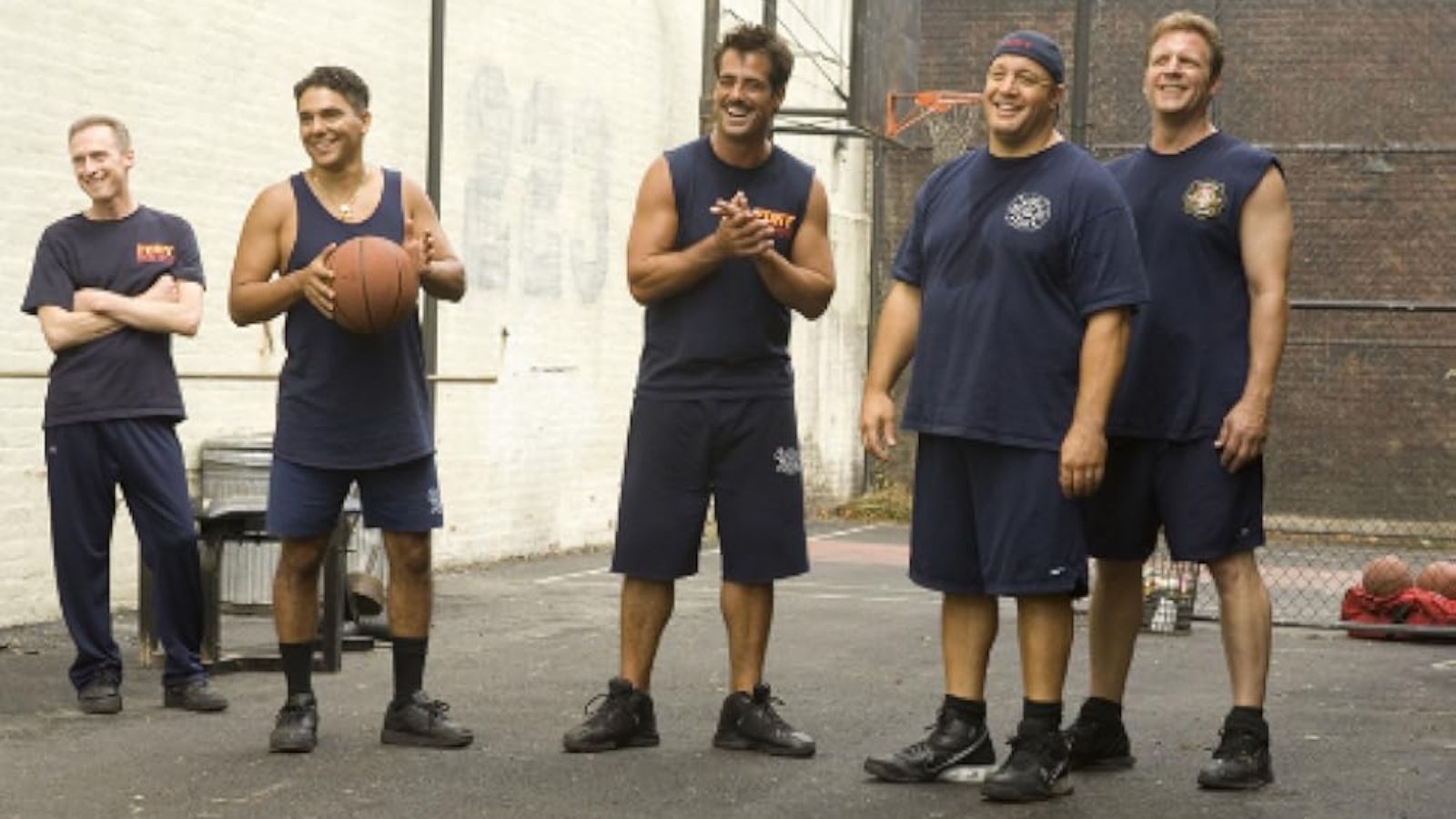
I Now Pronounce You Chuck And Larry stars Adam Sandler and Kevin James as they play two straight men pretending to be gay to gain domestic partner benefits. The film’s portrayal of LGBTQ+ issues is often considered insensitive and relies on outdated stereotypes that wouldn’t fly in a contemporary production, with a lot of people finding it offensive.
The Toy
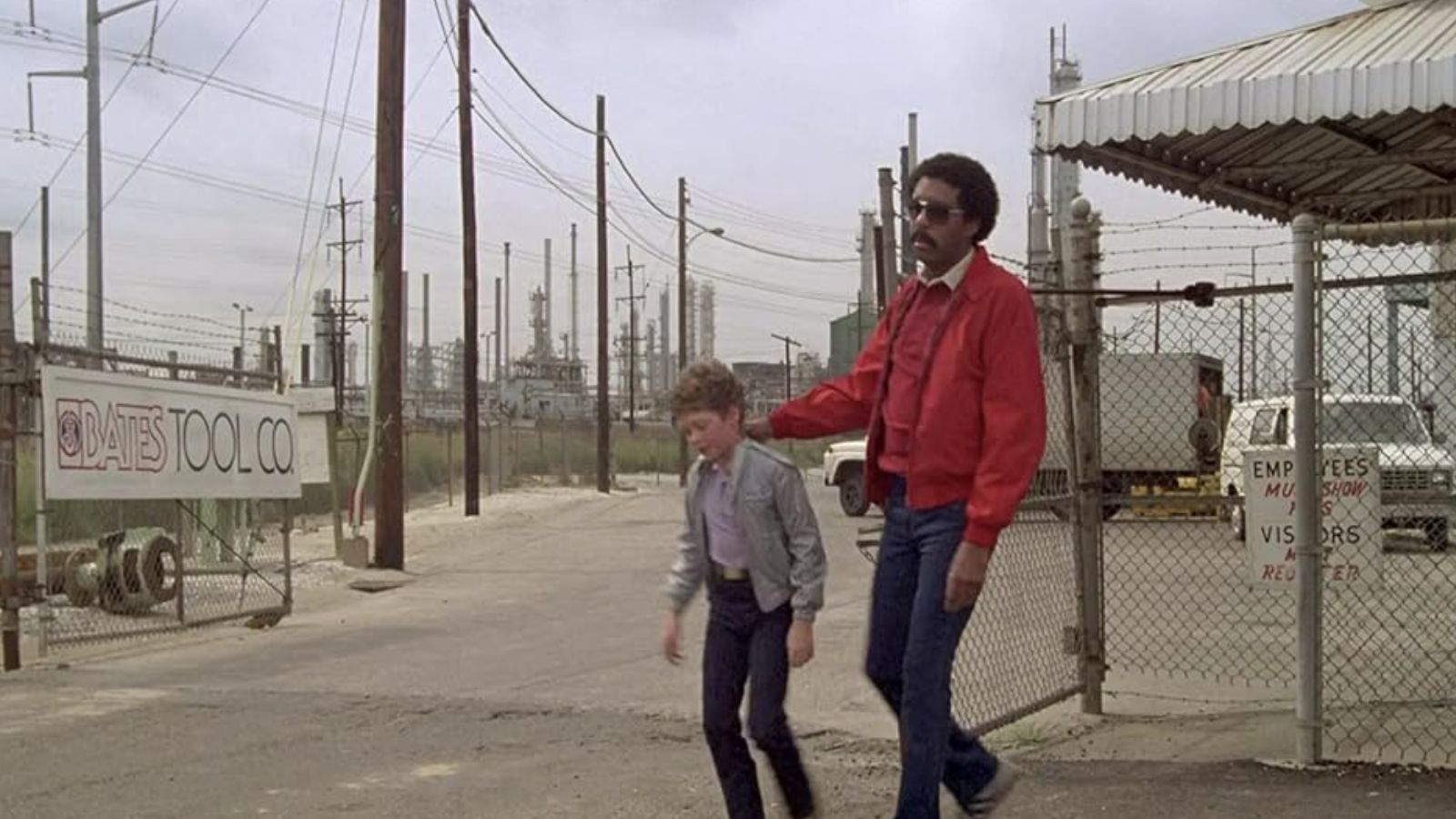
The 1982 comedy, starring Richard Pryor and Jackie Gleason, involves a wealthy white man “buying” a Black man to be a companion for his son. The premise itself is offensive and would be seen as highly inappropriate in today’s society, and it isn’t an enjoyable storyline for a movie in the eyes of many.
National Lampoon’s Vacation
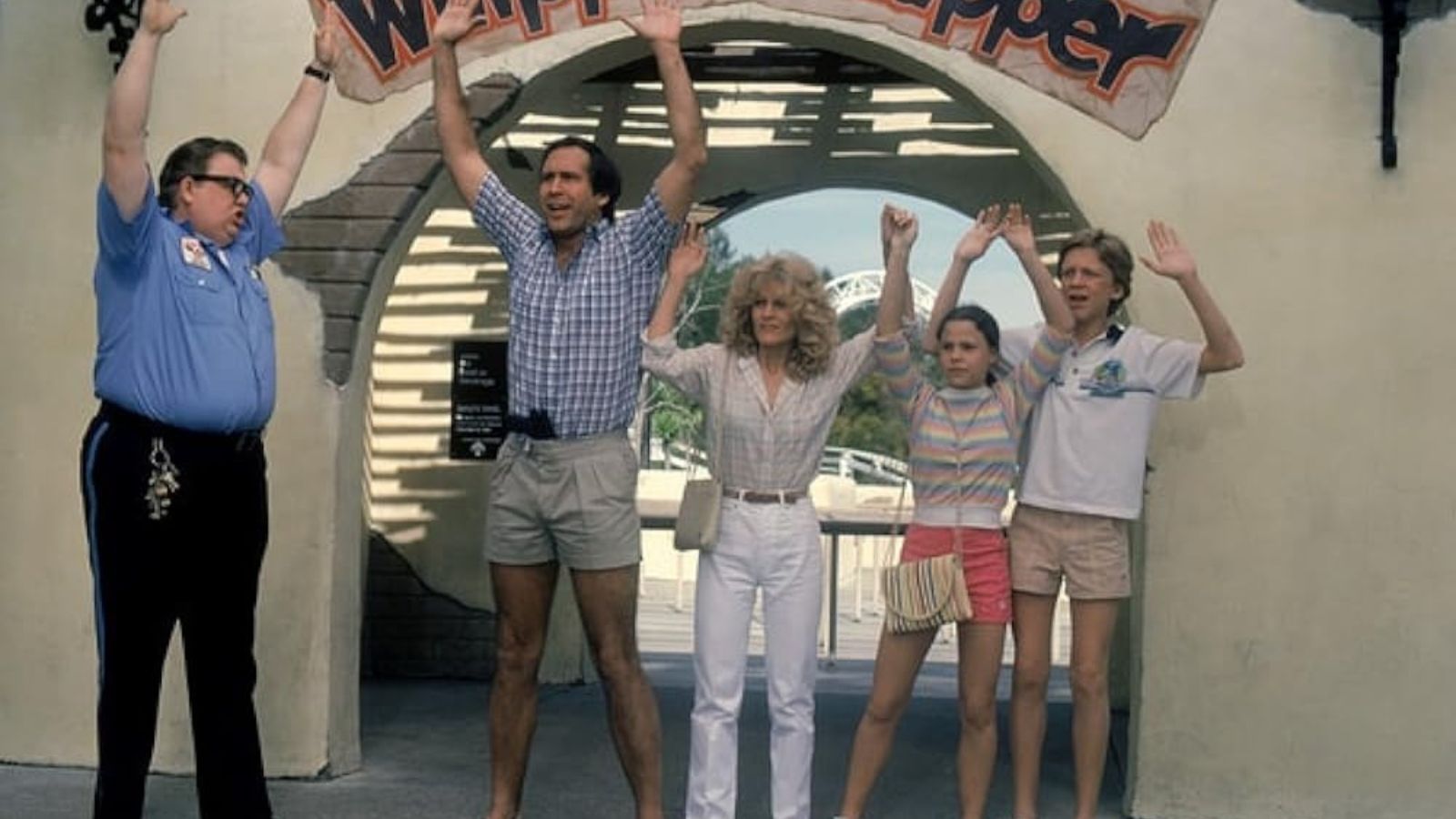
The entire series, mainly the 1983 original, includes humor that relies on racial and cultural stereotypes. While the films remain popular, some of their jokes would be considered offensive and tone-deaf by today’s standards. At the time, they could work, but nowadays, it wouldn’t fly.
The Party
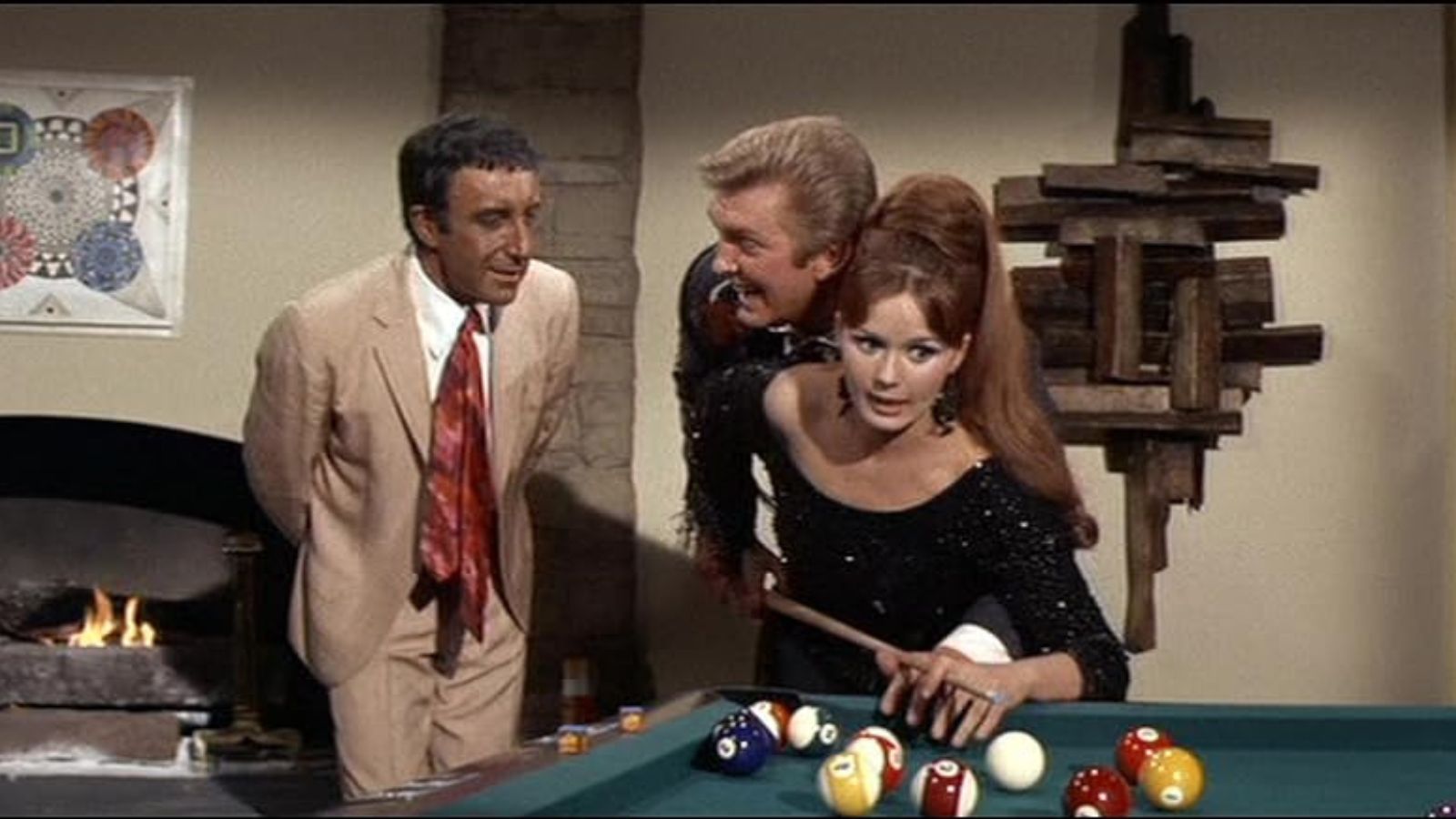
The Party stars Peter Sellers as an Indian actor in Hollywood. The sellers’ use of brownface and the film’s reliance on ethnic stereotypes would make it a controversial and likely unproduced cinema in modern times.
White Chicks
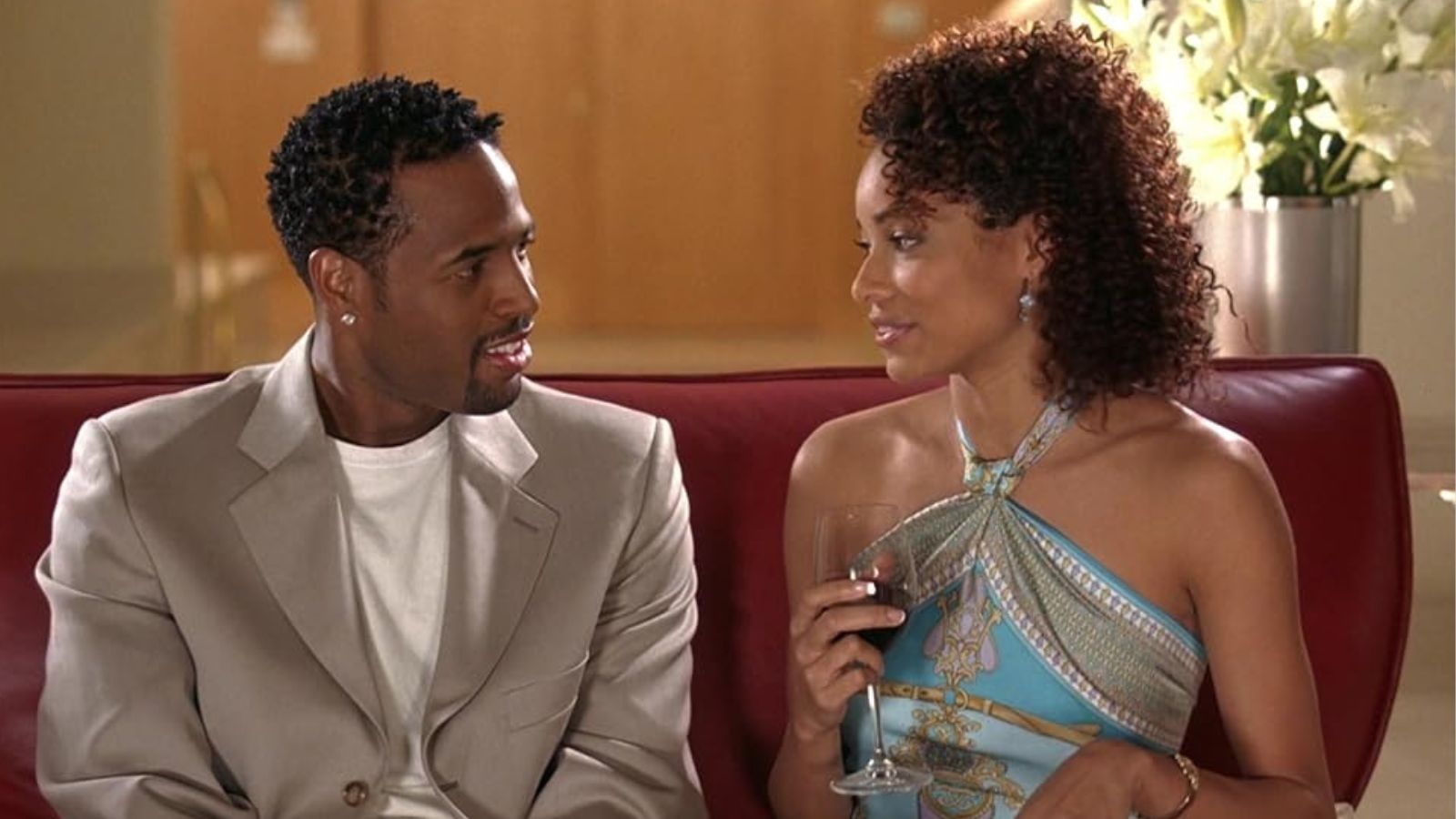
White Chicks, featuring the Wayans brothers disguised as white women, has been criticized for its racial and gender stereotypes. The film’s approach to race and gender would likely be seen as problematic today.
The Jazz Singer
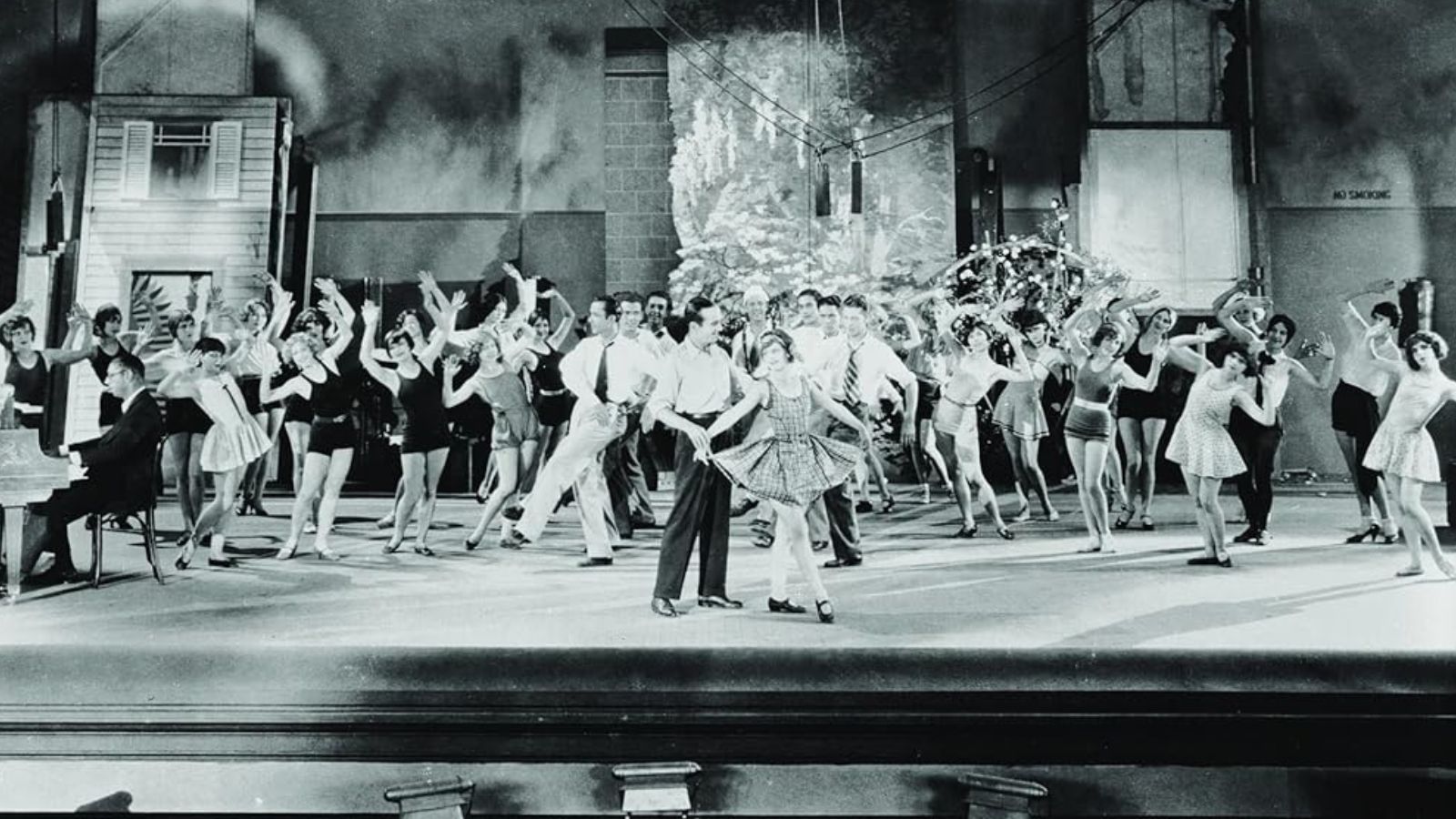
This film is historically significant as the first feature-length film with synchronized dialogue, but it features Al Jolson in blackface, a practice that is now widely condemned. The film’s use of blackface would prevent it from being made today.
Short Circuit
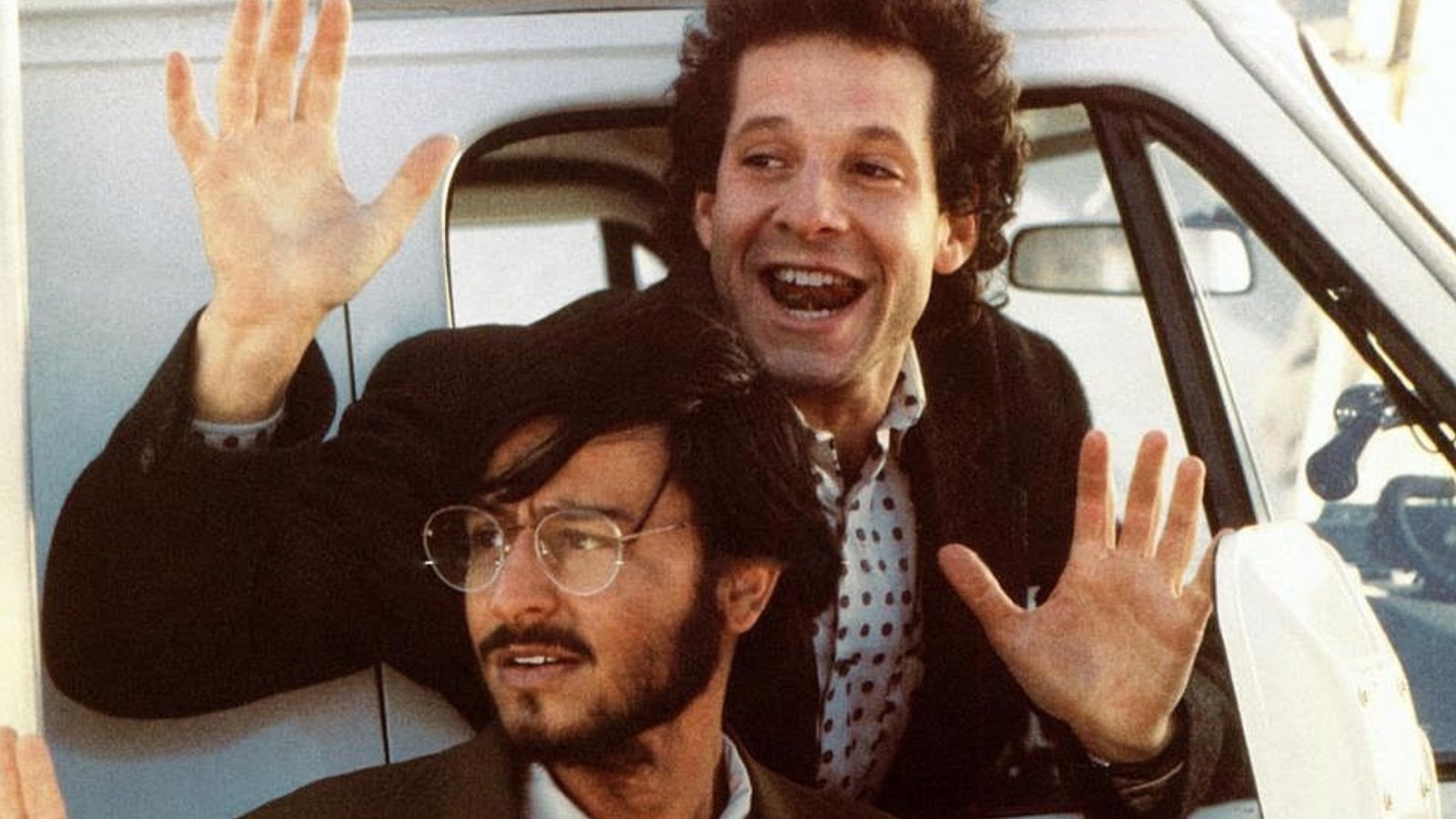
This 1986 sci-fi comedy features Fisher Stevens in brownface as the character Ben Jabituya. The portrayal of an Indian character by a white actor using makeup and exaggerated accents is offensive and would be unacceptable in contemporary cinema.
